[384–322 BC]
Aristotle was an ancient Greek philosopher and scientist born in the city of Stagira, Chalkidiki, in the north of Classical Greece.

[15 February 1564 – 8 January 1642]
Galileo is a central figure in the transition from natural philosophy to modern science and the scientific Renaissance into a scientific revolution

[484–c. 425 BC]
Herodotus was the first historian known to have broken from Homeric tradition to treat historical subjects as a method of investigation

[12 February 1809 – 19 April 1882]
An English naturalist, geologist and biologist,[6] best known for his contributions to the science of evolution. He established that all species of life have descended over time from common ancestors

[5 December 1642 – 20 March 1726/27]
Newton's Principia formulated the laws of motion and universal gravitation that dominated scientists' view of the physical universe for the next three centuries.

[5 May 1818 – 14 March 1883]
Marx's theories about society, economics and politics—collectively understood as Marxism—hold that human societies develop through class struggle.

[15 April 1452 – 2 May 1519]
He has been variously called the father of palaeontology, ichnology, and architecture, and is widely considered one of the greatest painters of all time.
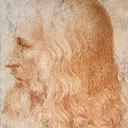
[14 March 1879 – 18 April 1955]
A German-born theoretical physicist who developed the theory of relativity, one of the two pillars of modern physics. He received the 1921 Nobel Prize in Physics

[22 January 1891 – 27 April 1937]
An Italian Marxist philosopher and politician. Founding member and one-time leader of the Communist Party of Italy and was imprisoned by Benito Mussolini's Fascist regime.
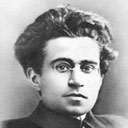
[2 October 1869 – 30 January 1948]
An Indian activist who was the leader of the Indian independence movement against British rule. In India, he is also called Bapu and Gandhi ji, and unofficially known as the Father of the Nation.
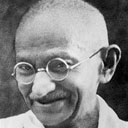
[14 April 1891 – 6 December 1956]
Popularly known as Babasaheb, was an Indian jurist, economist, politician and social reformer. He was Independent India's first law minister, the principal architect of the Constitution of India and a founding father of the Republic of India

[7 November 1867 – 4 July 1934]
A Polish and naturalized-French physicist and chemist who conducted pioneering research on radioactivity. She was the first woman to win a Nobel Prize, the first person and only woman to win twice, the only person to win a Nobel Prize in two different sciences
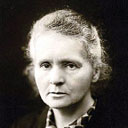
[November 9, 1934 – December 20, 1996]
An American astronomer, cosmologist, astrophysicist, astrobiologist, author, science popularizer, and science communicator in astronomy and other natural sciences. He is best known for his work as a science popularizer and communicator.
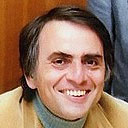
[14 April 1892 – 19 October 1957]
An Australian archaeologist and philologist who specialized in the study of European prehistory. An early proponent of culture-historical archaeology, he later became the first exponent of Marxist archaeology in the Western world.
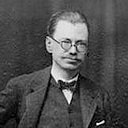
[31 July 1907 – 29 June 1966]
An Indian mathematician, statistician, philologist, historian and polymath who contributed to genetics by introducing Kosambi map function. He is well known for his work in numismatics and for compiling critical editions of ancient Sanskrit texts
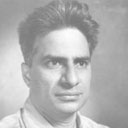
[31 July 1907 – 29 June 1966]
A social reformer of India. He led a reform movement in Kerala, rejected casteism, and promoted new values of spiritual freedom and social equality

[23 June 1912 – 7 June 1954]
An English computer scientist, mathematician, logician, cryptanalyst, philosopher, and theoretical biologist. Turing was highly influential in the development of theoretical computer science, providing a formalisation of the concepts of algorithm and computation with the Turing machine

PAMA Research Centre (Bappukkudi),
Pattanam, Vadakkekara P. O,
North Paravoor, Ernakulam,
Kerala, 683522
Google Map
PAMA Research Centre,
(PAMA Parayil),
83/Periyar Gardens GCDA Road, Thottakkattukara PO
Aluva, Kerala, 683108.
Google Map
Phone number - +91 98474 49495
Whatsapp - +91 98474 49495
9544049495
Email - pamatatas@gmail.com